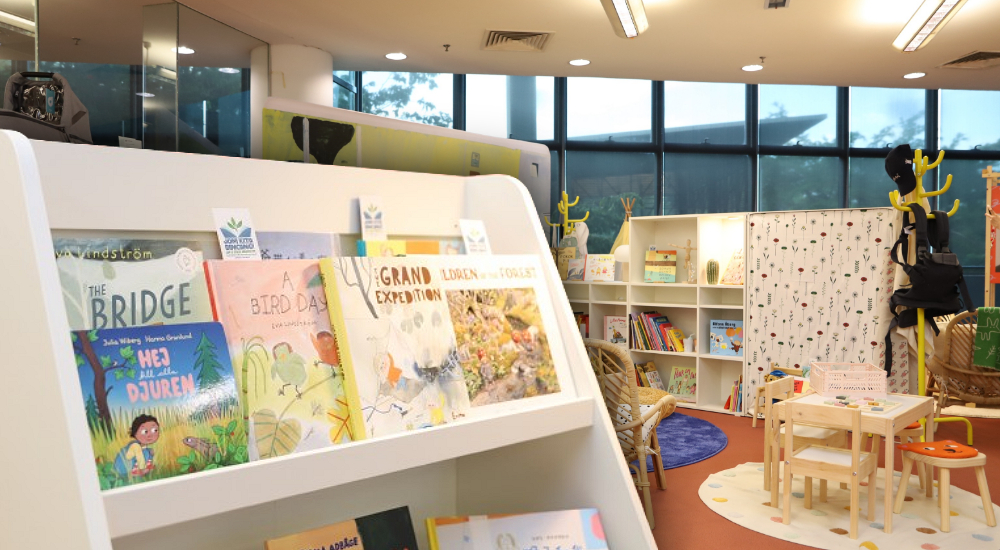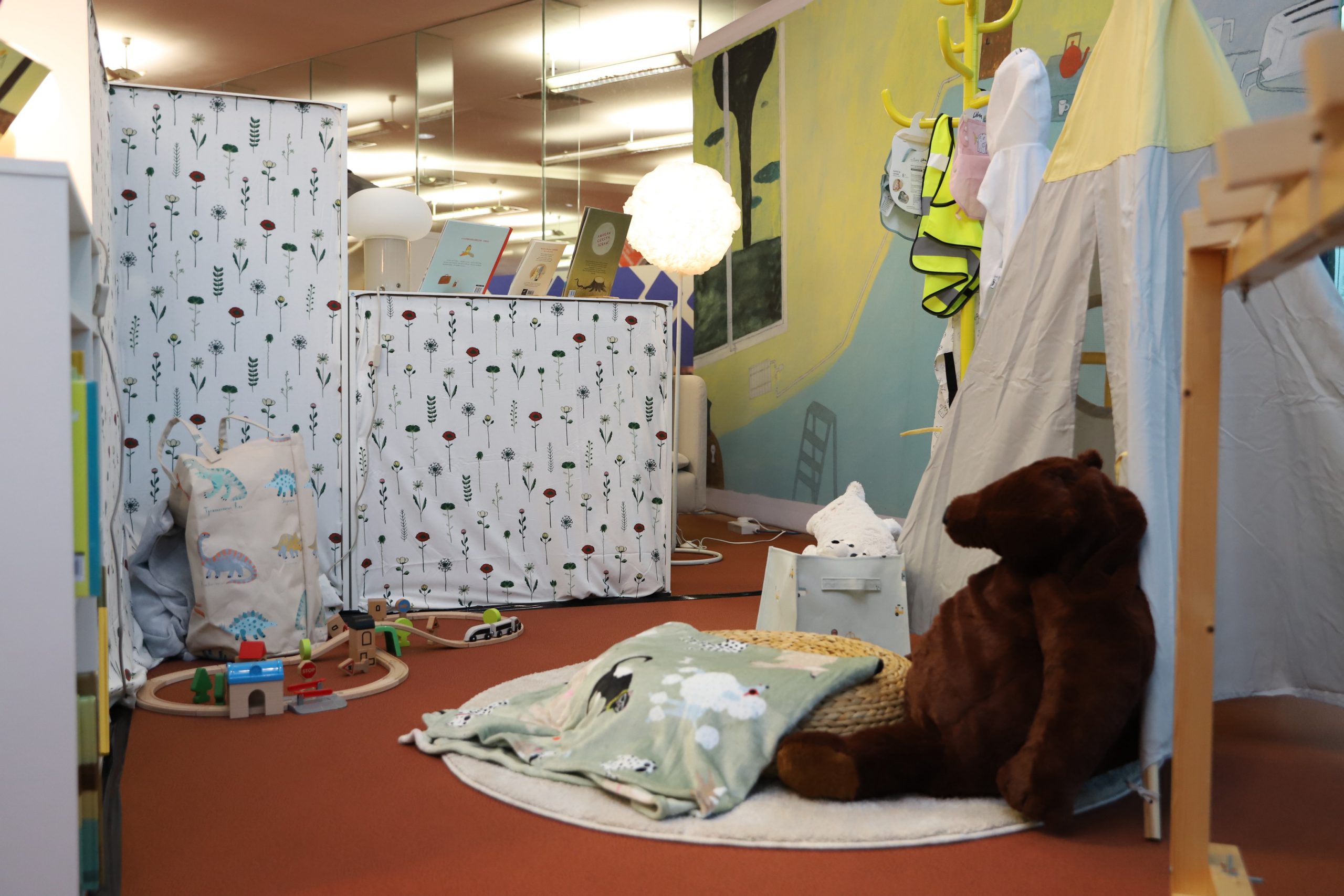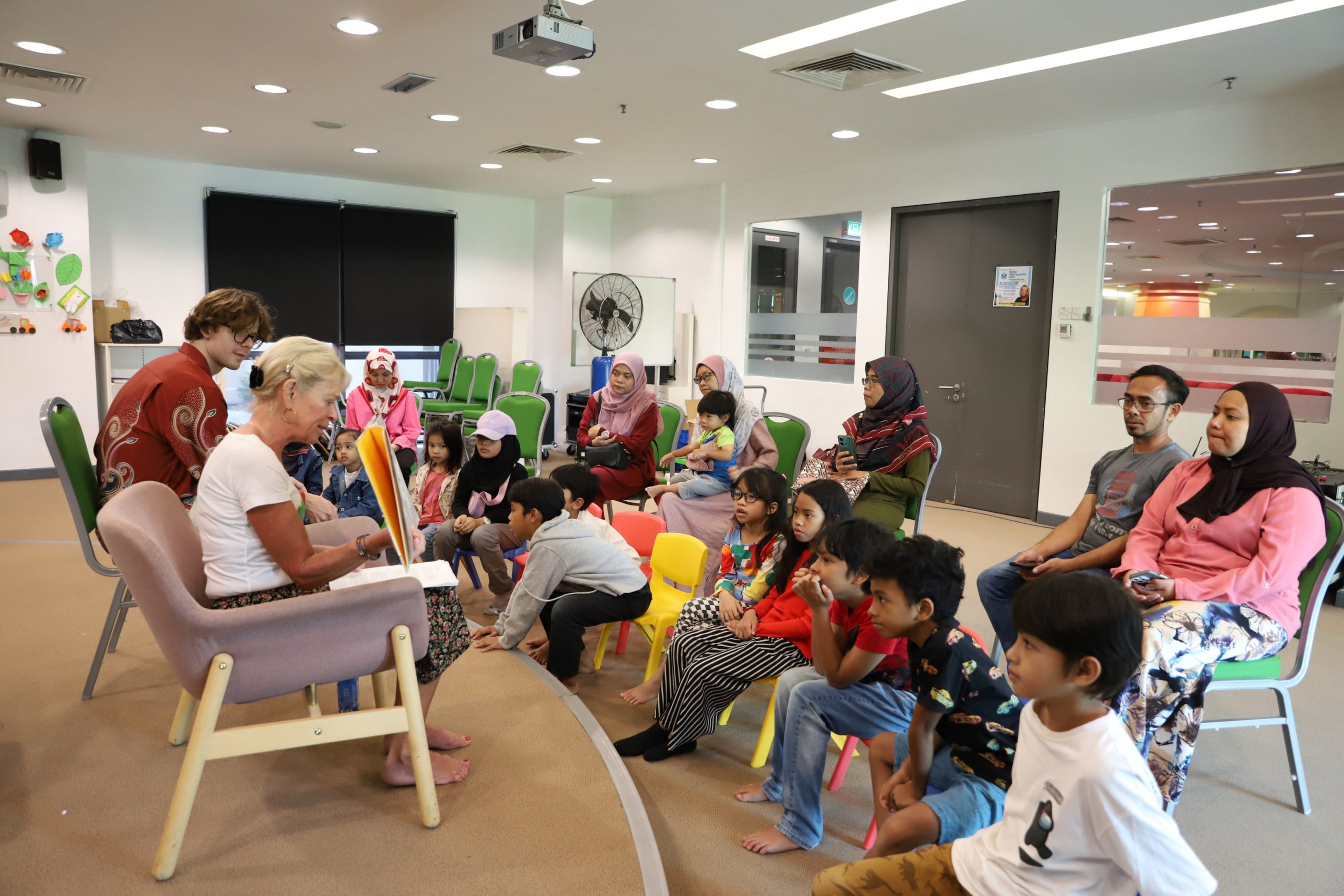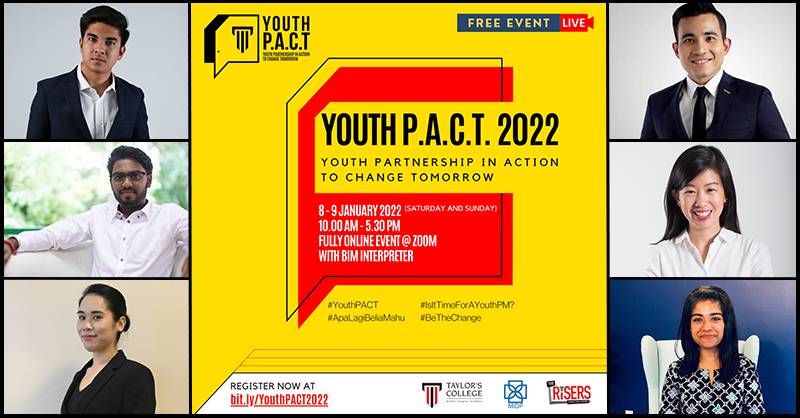Read Swedish children’s books about tough topics to your kids in a cozy corner

Sometimes, kids are smarter than you think. And with all the exposure climate issues, human rights issues and other social issues are getting in mainstream media, you may be thinking about how to start talking to your kids about more serious stuff but are unsure of what appropriate tools to use.
That’s where the Jom Kita Bincang! exhibition comes in! At the Raja Tun Uda Library in Shah Alam until 10th of April, the public can read Swedish children’s books on sustainability, health, rights and social issues that have been newly translated into Bahasa Malaysia! This initiative is a collaboration between the Embassy of Sweden in Malaysia, the Raja Tun Uda Library, and the Malaysia Board On Books For Young People (MBBY).
Jom Kita Bincang! includes the Swedish Little Library, a cozy Scandinavian environment to read your books, alongside 2 exhibitions connected to Swedish children’s book author Astrid Lindgren. The exhibition “Never violence” on children’s rights is based on her philosophy of how people pass on the behaviour they were exposed to as children, thus vicious or virtuous cycles can be created by passing on violence or love.

Children’s literature is probably the best tool you can use. Nowadays, kids’ books aren’t just about eating a healthy diet or going on an adventure. There’s kids’ books on divorce, serious illness, abuse and more.
Stories aren’t just effective tools that help kids process complex issues, but also a way to build up positive behaviour. According to the Ambassador of Sweden to Malaysia and instigators of Jom Kita Bincang!, HE Dr. Joachim Bergström, if children were to grow up with stories about valuing respect for each other and for nature, the future would naturally see more policies that support these ideas.
“I think a lot of the current Swedish leadership on sustainability can be traced back to how we all grew up with stories about respecting nature, the importance of equality and respect for one another regardless of background. This, together with public institutions that expose children to the importance of preserving nature, has created a strong social norm,” — HE Dr. Joachim Bergström.


